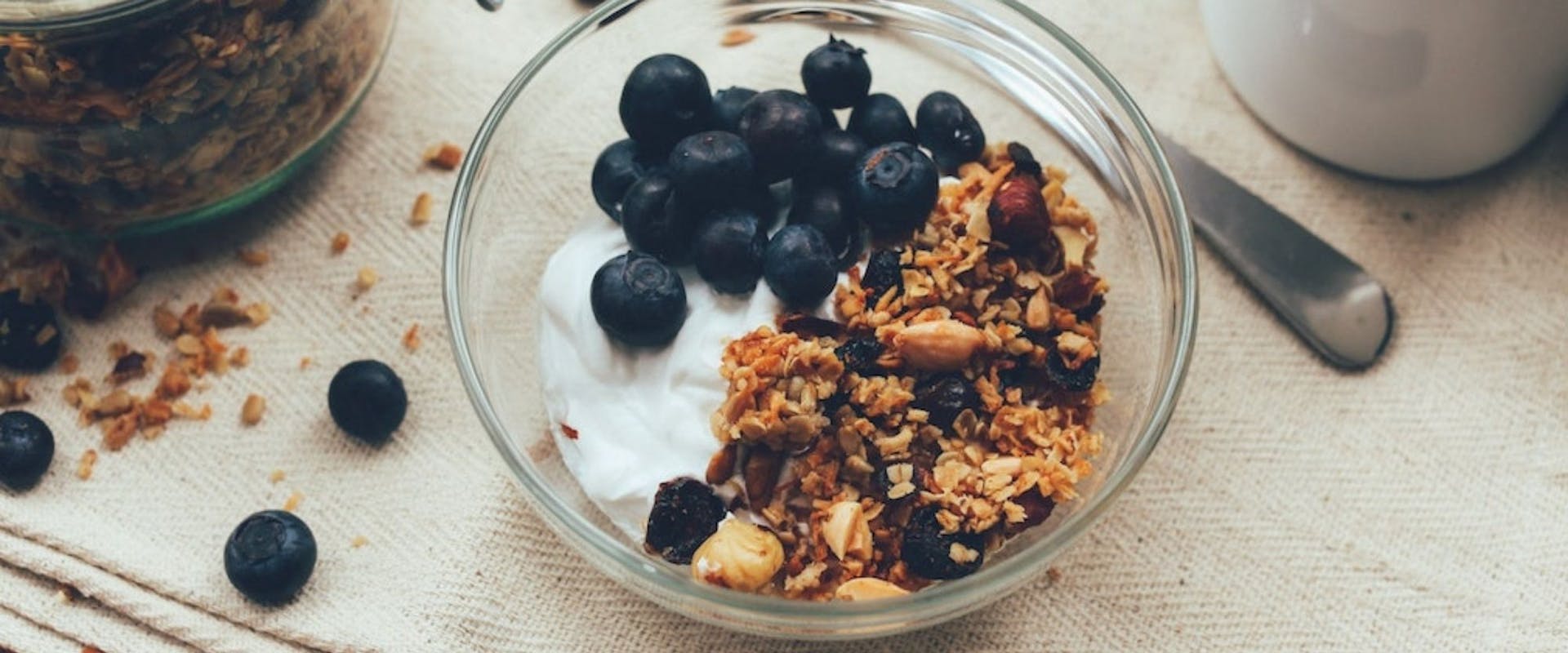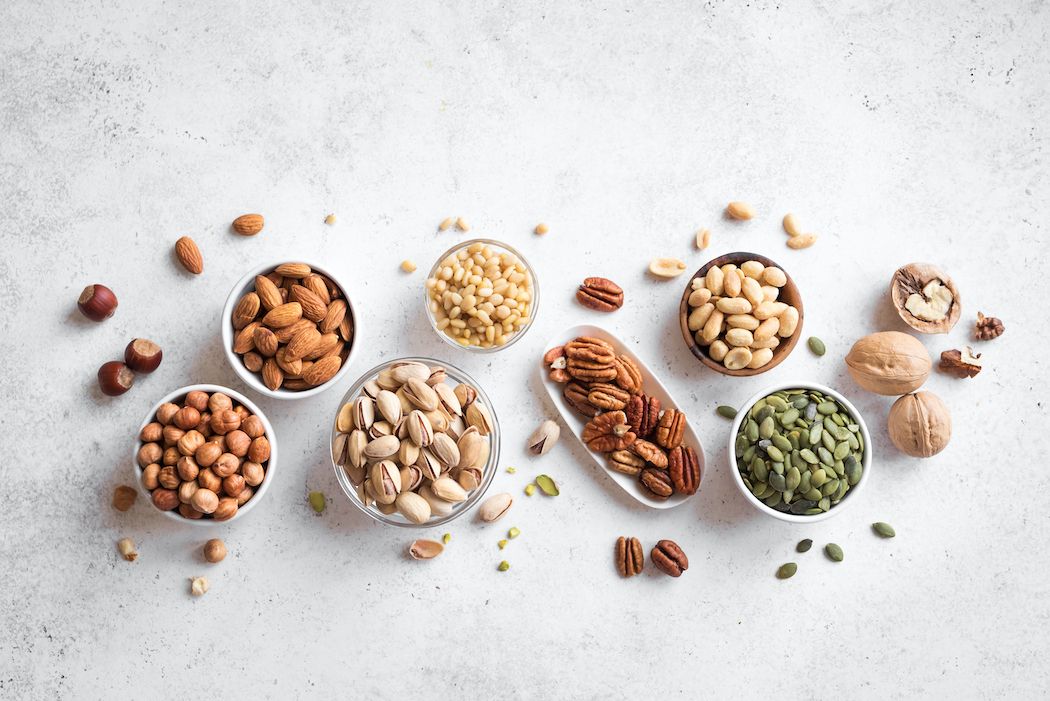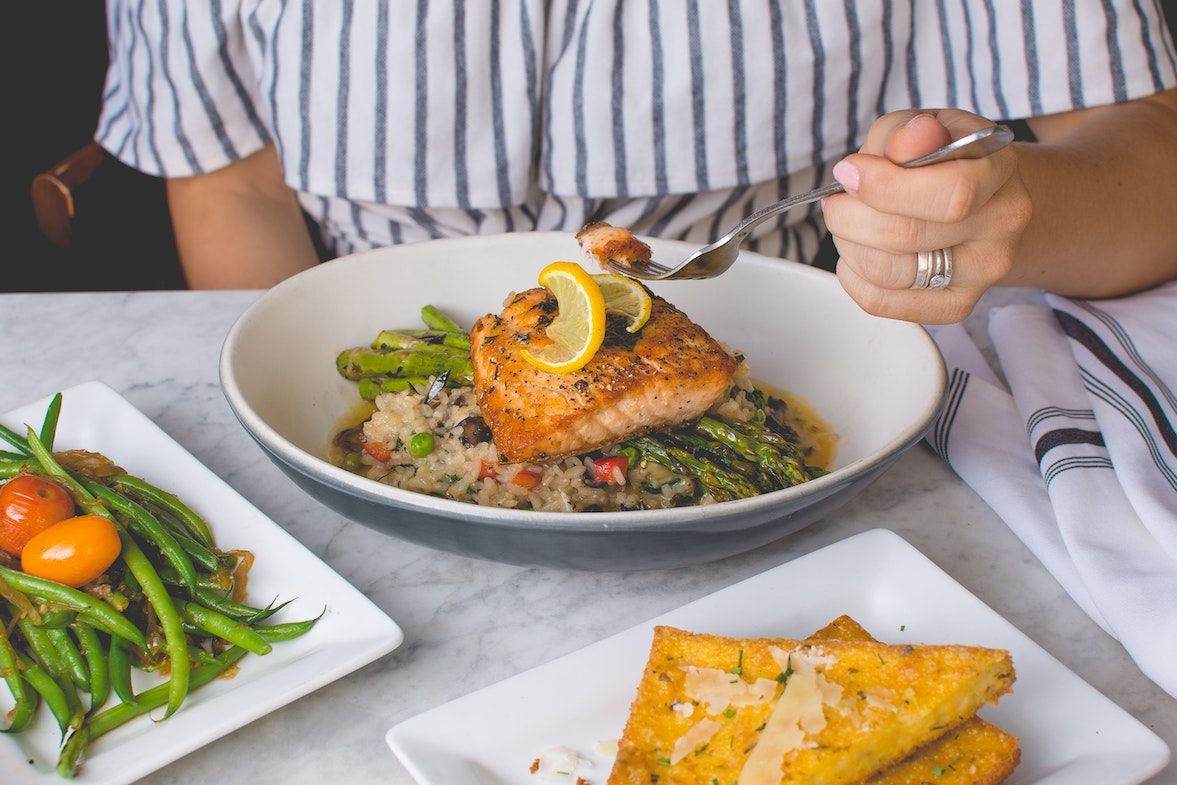7 superfoods under the spotlight: are they fab or fads?
updated on Aug 26, 2022

With so many products on the market promising to have ‘superfood’ properties, how can we separate the superficial sales claims from the ones actually worth trying? Jenna Farmer tackles the most popular superfoods on the market to reveal which ones actually live up to the hype
How often have you added something to your shopping basket after reading that it was this month’s superfood? Whether it’s getting passionate about kale, or adding spirulina to our morning shake, we’re all guilty of jumping on wellness trends in a bid to look and feel better. But what does the word ‘superfood’ actually mean?
Well, it turns out there’s actually no singular definition of what a superfood is. While we generally use the term to describe a product with some health benefits, ‘superfood’ is not a scientific term, meaning the label doesn’t really tell us by itself what sets the product apart.
“The term superfood isn’t regulated in any way, so anyone can make food or package a fruit or vegetable and call it a superfood,” says Sophie Medlin, consultant dietitian at CityDietitians.
And this is the problem. While it might encourage us to eat more healthily, calling a product a ‘superfood’ doesn’t necessarily mean it’s better than one that isn’t. Clever marketing has us thinking we need to splurge at health food stores for these hallowed foods in order to be healthy, but we can find many of the same benefits in our everyday diet – without the premium price tag. For example, while spirulina and quinoa are high in antioxidants, you don’t need to splash out on them if you don’t want to. In fact, you can find plenty of antioxidants in your average roast as broccoli and cabbage are great sources of them.
So, which superfoods could be worth tucking into, and which ones should you leave on the shelf? Let’s take a look…
FAD: Kale
Remember when kale was everywhere? You could even buy T-shirts declaring your love for it. Yet, since 2014, the leafy green seems to have been declining in popularity with fewer and fewer Google searches – but why? Well, while it doesn’t hurt to add this to your salad, you can just as easily get nutrients from similar vegetables. One study compared kale to other vegetables such as Chinese cabbage and spinach, and found they all contained higher levels of 17 nutrients than kale did.
FAB: Blueberries
All berries are a good source of fibre, but blueberries stand out from the crowd as a superfood worth shouting about.
“Blueberries are pretty ‘super’; they contain polyphenols which are like antioxidants – these are shown to improve brain function,” adds dietitian Sophie Medlin.
Studies have shown that a moderate intake of blueberries can also help reduce your risk of things like type 2 diabetes and cardiovascular disease, thanks to anthocyanins (which are like antioxidants). And, there are ways to make your purchase last longer.
“Buy frozen, because they’re cheaper and retain more nutrients,” advises Sophie. The perfect addition to whizz into your morning smoothie.
FAD: Oats
The humble oat has never been more popular, whether it’s Instagram-worthy pics of overnight oats or grabbing an oat latte on the way to work. But do oats actually live up to the superfood title? There’s no denying oats have health benefits, but dietitian Sophie Medlin says we need to remember there’s a whole range of other grains that do too, which, perhaps, aren’t quite so fashionable.
“Oats often come up as a superfood, and while they do have health benefits, we’re far better off eating a range of grains rather than just having oats in our porridge, because the wider the diversity of grains in our diet, the more diverse our microbiome will be,” advises Sophie Medlin.
FAB: Nuts
Nuts are one of the most nutrient-dense snacks you can opt for, and come with all kinds of health benefits. They’re also super versatile – whether it’s peanut butter on toast, or snacking on cashews before you head to the gym. It’s their range of nutrients that Sophie thinks makes them worthy of the superfood label.

“They contain healthy fats, proteins, and lots of essential nutrients like zinc and calcium, which can be hard to find elsewhere,” she explains. Unlike some superfoods, nuts are readily available, and require minimum prep.
FAD: Avocado
Avocado on toast is one of the most hyped healthy brunch dishes around, but should we be tucking into it? Well, it’s not the worst food choice, but Sophie questions its superfood label.
“Avocado is a great source of healthy fats and fibre, but it’s also high in calories, and is often expensive to eat.” There are lots of other foods that offer similar health benefits to avocado, such as nuts and seeds, which might be more budget-friendly.
FAB: Salmon
“Salmon is thought of as a superfood, and I would agree with that!” says Sophie.
One reason is that salmon is known for being packed full of omega 3 fatty acids. “These are really important for our brain and heart health, and for reducing inflammation in the body.”
A study in Atherosclerosis found that, compared to those who didn’t eat fish, eating salmon daily decreased LDL cholesterol (often dubbed the bad cholesterol) by 7%, and increased HDL cholesterol (the ‘good’ kind) by 5%, as well as decreasing blood pressure. The NHS recommends you eat at least one portion of oily fish, such as salmon, a week.

FAD: Goji Berries
While these pink dried berries certainly aren’t bad for you, there’s nothing particularly special about them, despite what Instagram smoothie bowls may have you believe.
“Goji berries were one of the first superfoods we heard about, and while they are high in antioxidants, they’re very expensive, difficult to get hold of, and oranges have more vitamin C than them,” explains Sophie Medlin.
According to NHS choices, there’s no reliable evidence to support claims that goji berries can help with things like cardiovascular disease or improving your life expectancy, and any studies that do show some benefits use a much higher concentration of the berries than the products on our shelves contain.
At the end of the day, all superfoods – whether considered fab or a fad – don’t have the power to improve your health by themselves. The best health advice is to look beyond labels, and instead eat a variety of foods (fruit, veg, wholegrains, and proteins) for optimum health benefits.
For more information on healthy eating, visit the Nutritionist Resource or speak to a qualified nutritionist.

